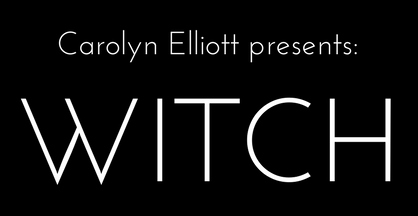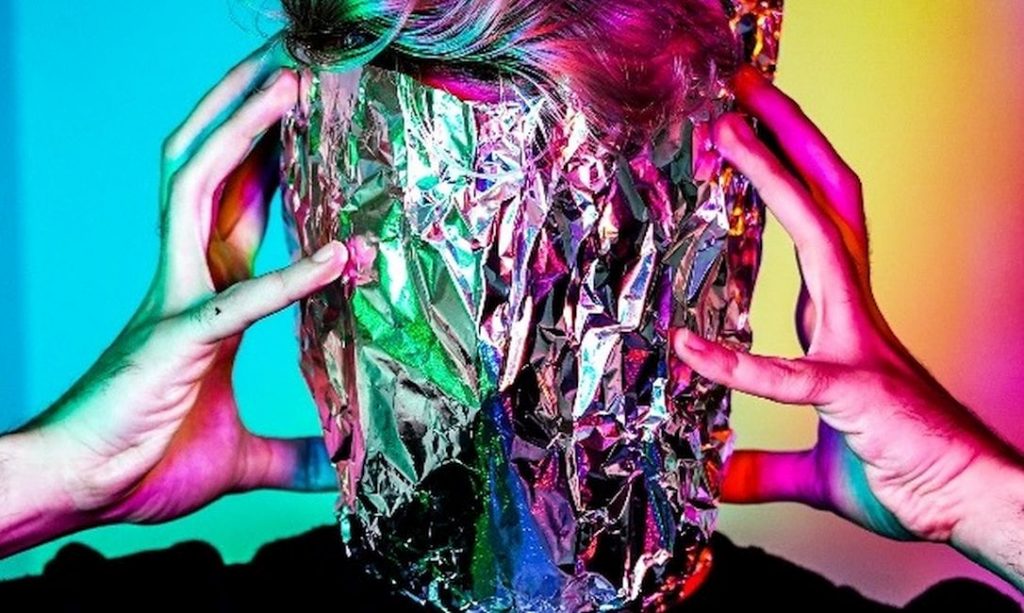by Bettie Noire
Admit it: at least once in your childhood, you found yourself thumbing through the glossy pages of a bargain-bin dream symbols book, desperate to find out the meaning of losing all your teeth.
What about today? If I checked your search history, would I find evidence of you Googling “naked work nightmare” at 3 a.m. while hiding under the blankets?
If you’re like me, your first experiences with dream interpretation involved some generic dribble about phallic symbols and sounded more like Professor Trelawney’s tea readings than anything truly and personally meaningful. *cue Hermione eye roll*
Yet, because you clicked on this title, I’ll wager you’re at least somewhat aware of the transformative power that paying attention to your dreams can have on your life—from super-charging shadow integration, to uncovering subconscious programming, to divination and beyond— and you know that what you’re doing just ain’t cutting it.
Of course not! You’re not going to get there by relying on some Angelfire page to tell you that your neighbor’s black dog is “a grim omen.”
I get it. If you’ve only dabbled with paying attention to your dreams, you might think those little symbol dictionaries are the best you can do.
The problem is that the ancient and potent knowledge surrounding dreamwork, classical dream interpretation, and even oneiromancy has been diluted and distilled to satisfy the general public, leaving the rest of us hungry and skeptical.
Hmm, like so many things these days…
Listen close, I have a secret for you: not a single other soul can tell you precisely what your own dream means.
Not a psychic, not a therapist, not even me.
If that feels like a huge bubble-buster, consider this: how can anyone else know exactly what associations YOU have developed in your lifetime?
We can help you dive deeper in search of insight, but a dreamworker worth their salt would never venture to assign meaning to your. own. thoughts.
Yes, there’s the idea of archetypal symbols, which may be inherited universal experiences hidden in our subconscious and enforced by our shared waking dream (“reality”), and are worth considering, but even those can be affected by cultural and individual experience.
For example, I love snakes. They’ve been a positive symbol in my life since childhood and I share my home with two beautiful specimens.
Therefore, traditional wisdom about snakes representing fear and unsettling emotions have always left me feeling indignant.
I stopped reading and started tuning in, finally realizing that serpents appearing to me in dreamland carried an exciting significance only I could feel.
So how do we make sense of this Salvador Dali landscape painted by our inner deviant child?
Well, one, we don’t.
By its very nature, the subconscious doesn’t “make sense.” However, it does give us so, so much more.
*Super quick psychotheory time* (Stay awake with me, now. I’ll make it worth it.)
We all know Dr. Sigmund Freud, the Austrian founder of psychoanalysis. (A Freudian slip is when you say one thing, but fuck your mother.)
But did you know that he considered dreams to be the royal road to the unconscious?
I’ll catch you up: when you’re asleep, so too is that judgy, obsessed-with-manners voice in your head we call the ego (again, thanks to Freud).
So, all of that freaky goodness you’ve become an expert at repressing gets to come to out and play.
Basically, while the cat’s away, the mice will turn into your 5th grade piano teacher wearing a strap-on.
Now, you might wake up and go, “well that was weird, glad it’s over,” and move on with your life.
But think about how much importance we typically place on night-time dreams vs. normal waking thoughts.
If you had a daydream that the plane you’re about to board crashed into the ocean, would you get on? Yes?
What if you dreamt it the night before?
Our mind-movies can give us insight into the intuitive and connected part of us we constantly ignore, mostly because we have no choice but to pay attention.
But even more than that, dreams offer us a window into all the parts of ourselves we pretend don’t exist.
Those scenes weren’t implanted by aliens or some kind of otherworldly download—they came from you.
And you, as the great witch Carolyn Elliott often says, “are not who you think you are… in fact, you are much more vast and strange.”
Swiss psychoanalyst Carl Jung believed that working with dream material is key to comprehending and dealing creatively with our Shadow selves—everything instinctual and irrational outside the light of consciousness.
The funniest irony I’ve encountered after so much personal digging is that this deeper level of myself, this repressed Shadow, is who actually calls the shots in my life! It’s true for you, too.
So we better get to paying attention…
OK! Naturally, there are lots of different methods for accessing the rich messages in your dreams.
In INFLUENCE, Carolyn’s life-changing course on practical magic, we work a lot with dreams and she has a brilliant, in-depth exercise I’ve used many times to mine the depths.
However, let’s get our feet wet with a simpler technique you can try tonight:
Before you go to bed, set a pen and notepad next to you, and speak an intention out loud. It can be as simple as, “I’m going to remember my dreams, damnit.”
Then, whenever you wake, whether that’s in the middle of the night or in the morning, lay there for a moment and sink into the general “flavor” of the main dream. (Your feature presentation.)
Try and bring up as much as you can about the emotions, the setting, the characters, and any major scenes.
Quickly start writing keywords and phrases in a stream-of-consciousness fashion. No narrating. Your waking mind is going to try and make sense of it and put things in order. Ignore it and press on.
When you’ve gotten the major words out, go back to sleep or get up for the day, whichever is appropriate. Move on, knowing you captured the dream.
Later, take your notes back out and scan the words. You may feel the emotions of the dream again. Without thinking too deeply about it, take each keyword and write down a personal association you have. No Googling.
For instance, “creme brûlée” has always symbolized “celebration and indulgence” to me. To my husband, it probably means “gross thing that makes my wife happy.”
Finally, for this simple exercise, I want you to look over these associations and ask yourself just one question:
“What the hell are you trying to tell me?”
Sweet dreams,
Bettie
P.S. You know what I dreamed last night? That you joined me on Facebook and told me about your weirdest nightmare ;)
IN CONCLUSION
If this essay resonates with you, please join our WITCH email list by using the forms on this website so we can stay in touch.
About the Author:
featured image source


